
MGM
Class is a fascinating relic of 1980s cinema, serving as both a typical teen comedy of the era and a precursor to the Brat Pack films that would define a generation.
Directed by Lewis John Carlino, best known for his critically acclaimed work on The Great Santini, Class blends coming-of-age comedy with a more mature exploration of relationships, offering a film that is both lighthearted and surprisingly complex.
The film centers around the friendship between two prep school students, Jonathan Ogner (Andrew McCarthy) and Skip Burroughs (Rob Lowe). Jonathan, the shy and inexperienced first year protagonist, is taken under Skip’s wing and introduced to the world of high society and adult relationships. This leads to a romantic entanglement with a mysterious older woman, who turns out to be Skip’s mother, played with elegance and allure by Jacqueline Bisset.
As a prequel to the Brat Pack phenomenon, Class is notable for featuring several actors who would go on to become 80s icons. Andrew McCarthy and Rob Lowe, in particular, deliver performances that hint at the star power they would later bring to films like St. Elmo’s Fire and Pretty in Pink. McCarthy’s portrayal of Jonathan captures the awkwardness and vulnerability of a teenager navigating unfamiliar territory, while Lowe’s Skip is the quintessential charming and confident best friend. The chemistry between the two leads is a key factor in the film’s enduring appeal.
In addition to McCarthy and Lowe, Class also features early appearances by John Cusack, Alan Ruck, and Casey Siemaszko, all of whom would become familiar faces in 80s cinema. Cusack, in particular, stands out in a small role that foreshadows his later success in films like Say Anything and Better Off Dead.
Jacqueline Bisset’s performance as Ellen Burroughs adds a layer of sophistication to the film, drawing clear parallels to Anne Bancroft’s iconic role as Mrs. Robinson in The Graduate. Like The Graduate, Class explores the complications and moral ambiguities of an affair between a young man and an older woman, though with a comedic tone more in line with the teen movies of the 80s. Bisset’s character is both alluring and tragic, embodying the loneliness and desperation that often accompanies such relationships.
While Class is often remembered for its more risqué elements, including the central mother-son love triangle, it is also a well-crafted film that showcases Carlino’s skill as a director. Coming off the success of The Great Santini, Carlino manages to infuse the film with a sense of realism and emotional depth that elevates it above the typical teen comedy fare. His ability to balance humor with drama is evident throughout the film, particularly in the nuanced performances he elicits from his cast.
The supporting cast also deserves recognition, with Cliff Robertson playing Skip’s distant and cold father, adding to the film’s exploration of dysfunctional family dynamics. Robertson’s presence brings a gravitas to the film, contrasting sharply with the youthful energy of the rest of the cast.
Class occupies a unique place in 80s cinema. While it may not have reached the iconic status of later Brat Pack films, it laid the groundwork for what was to come. The film is an interesting blend of teen comedy, drama, and satire, offering a snapshot of the early careers of some of the decade’s most beloved actors. It may not be as well-remembered as other films from the era, but for fans of 80s cinema and the Brat Pack, Class is a must-watch.




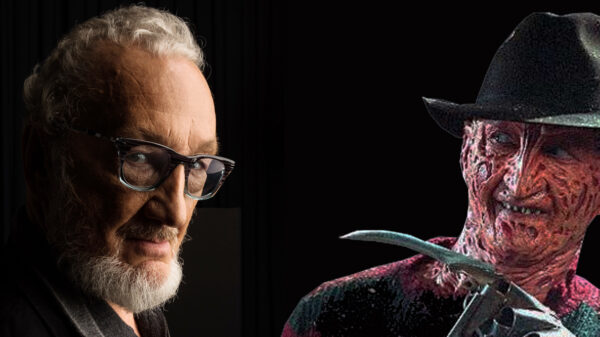

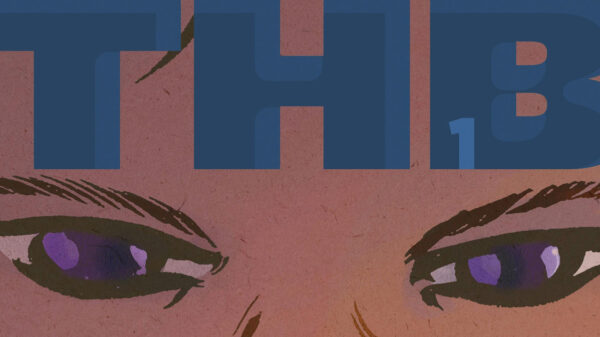

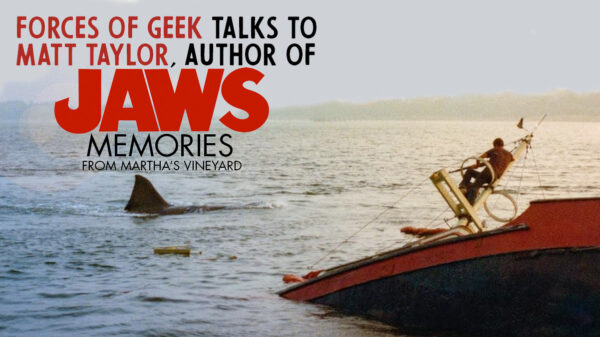
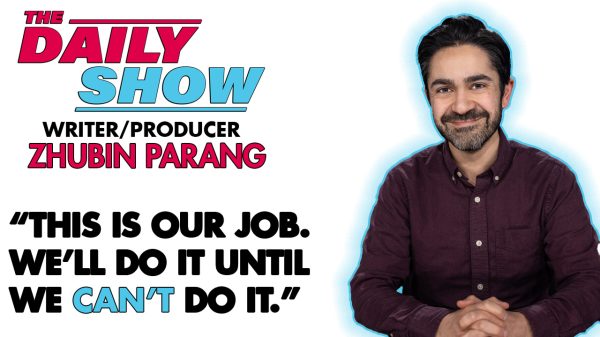
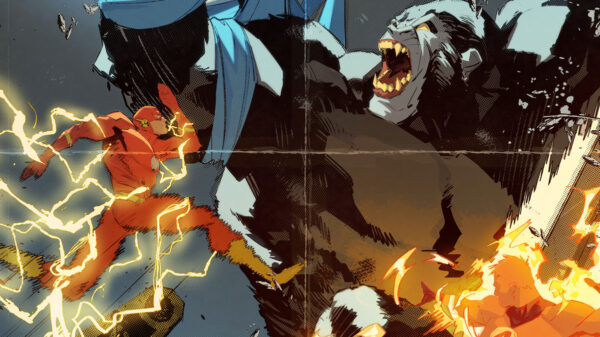
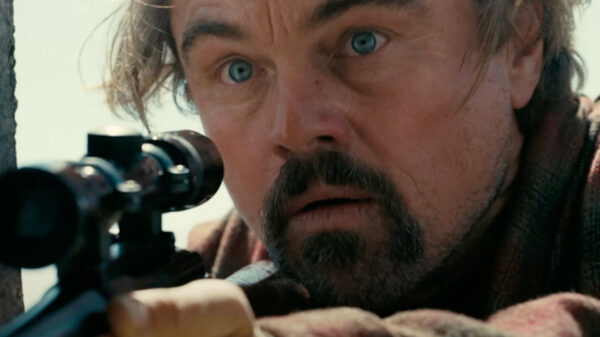
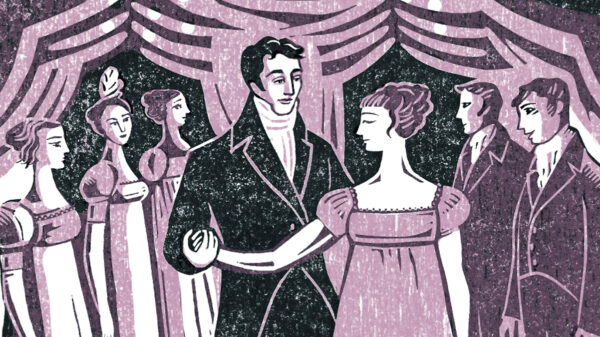
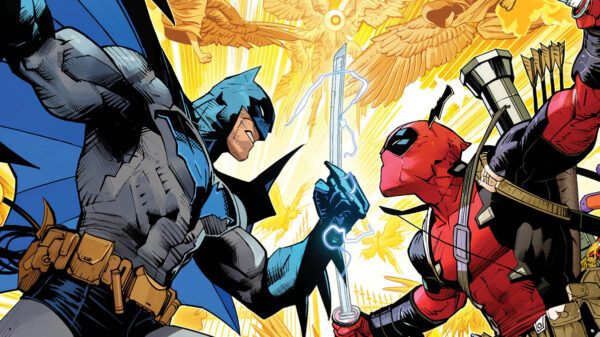
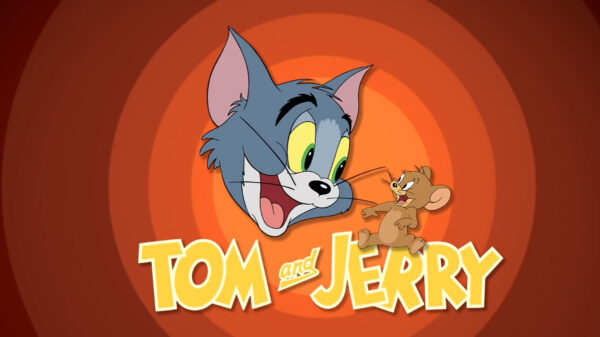



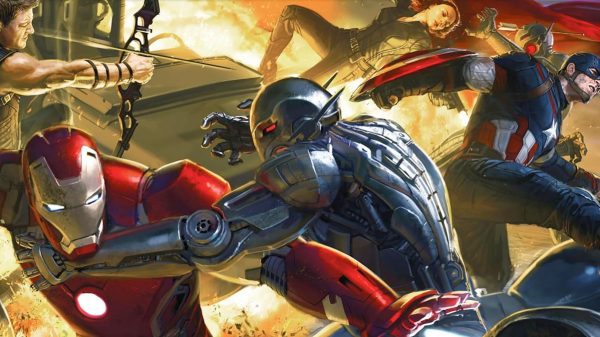

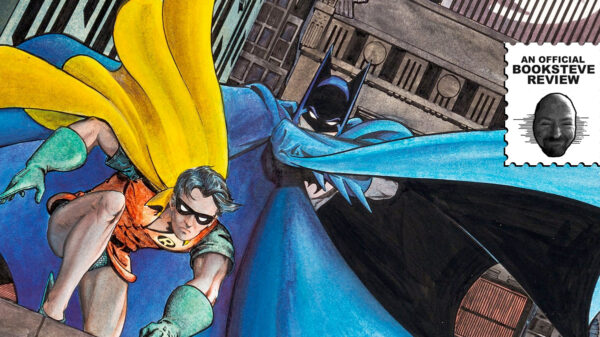
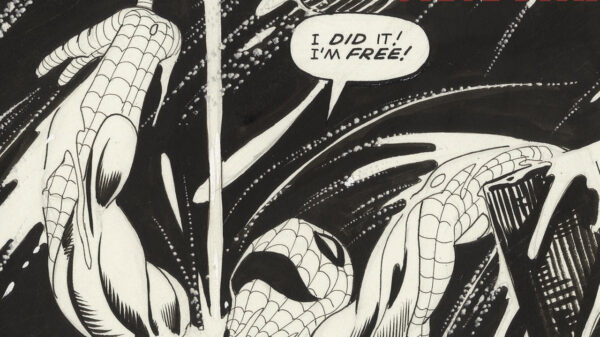
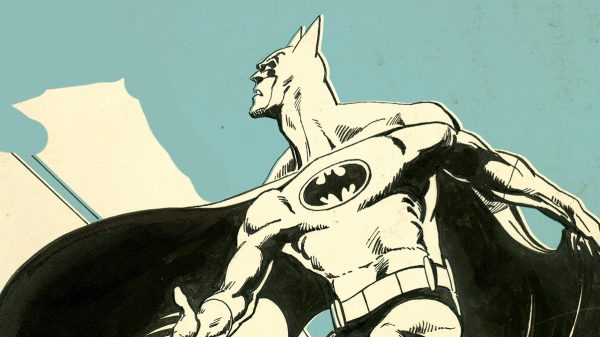

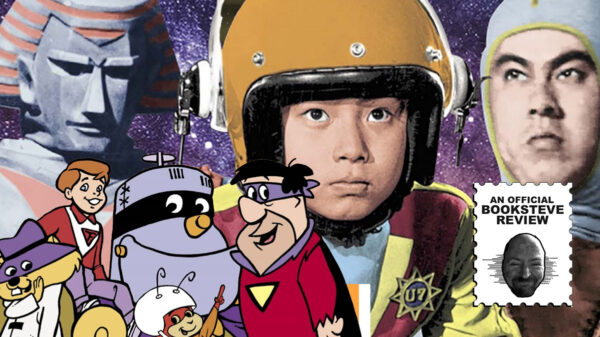
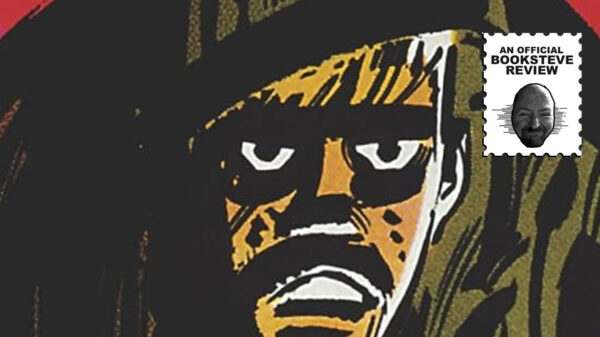
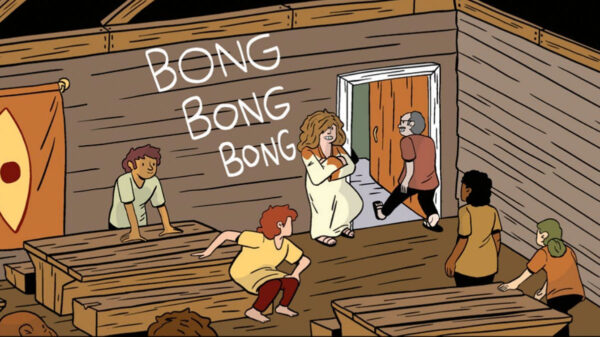
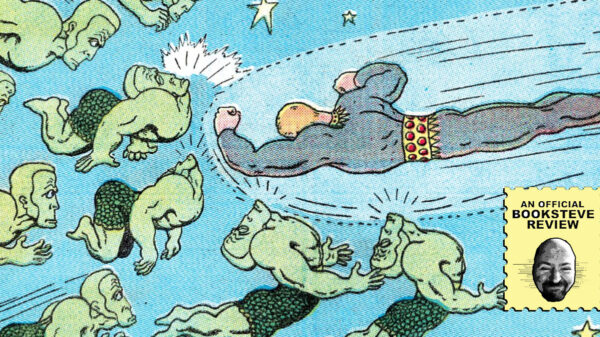
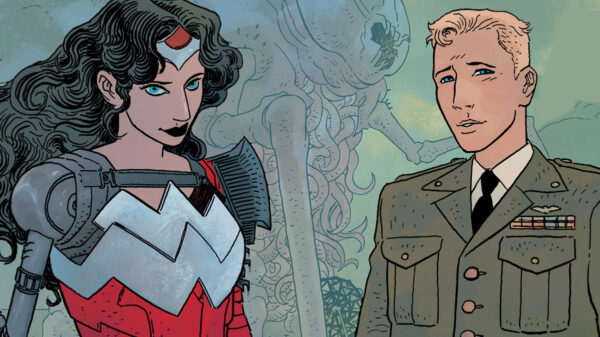









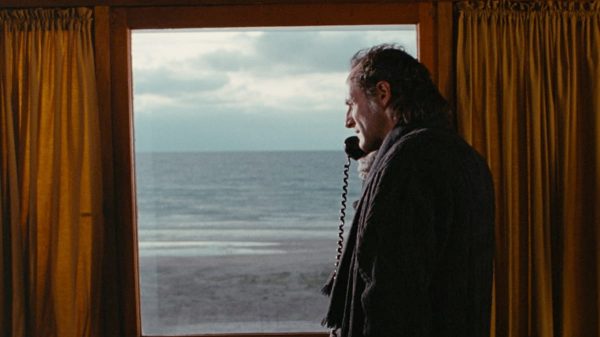
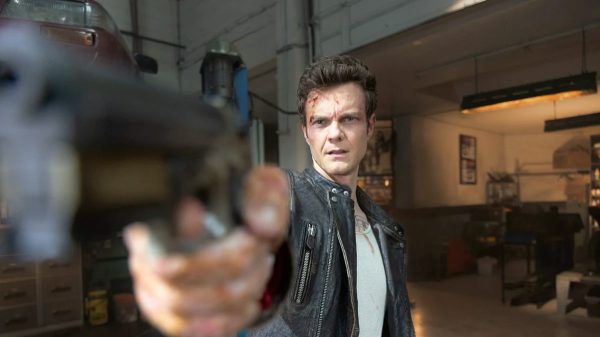
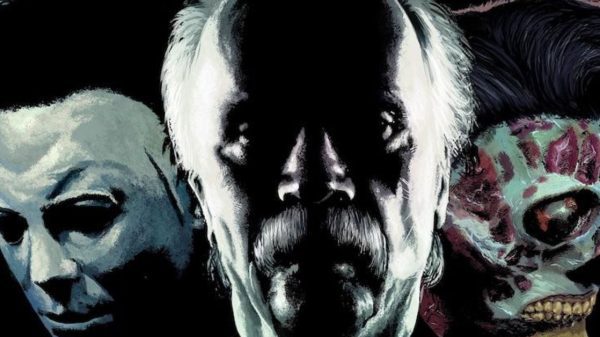
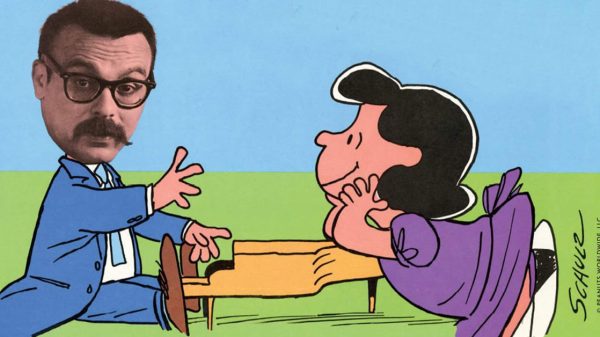
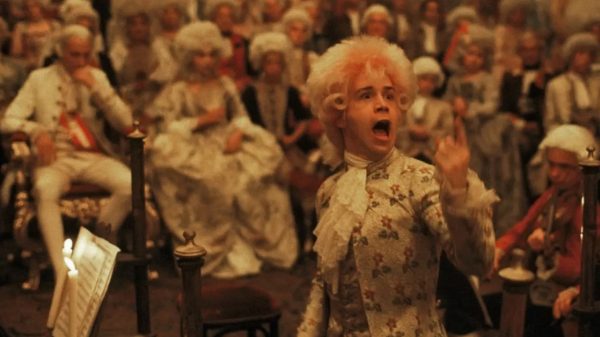











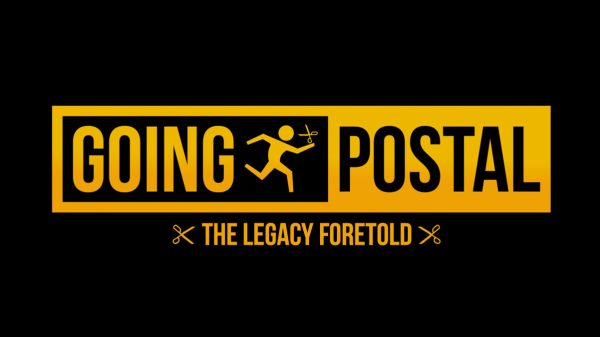

















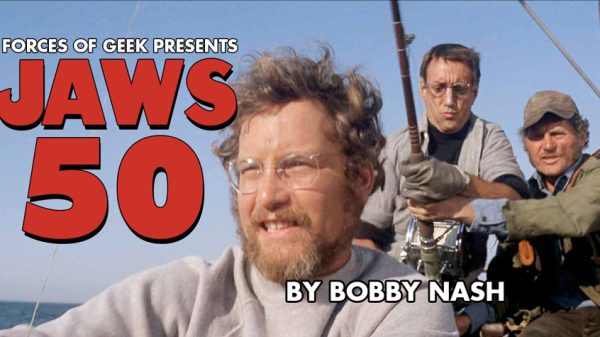









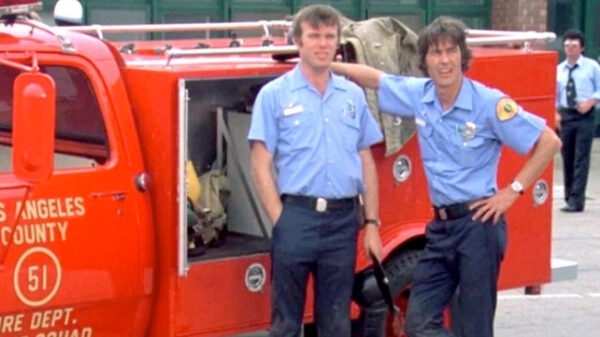
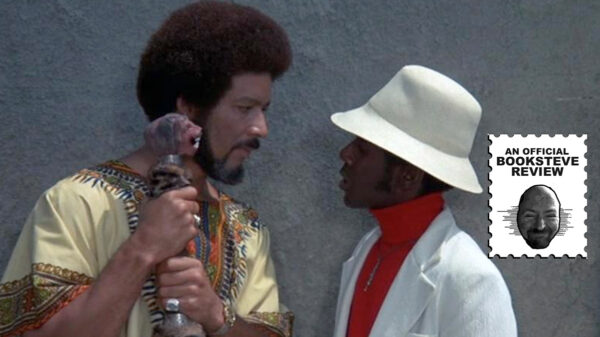
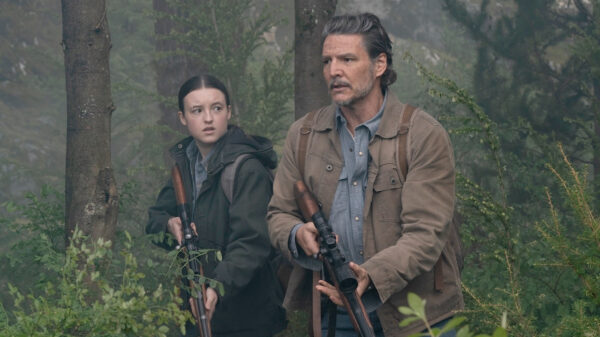




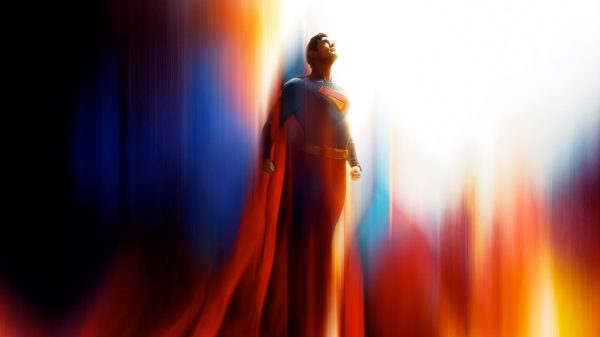

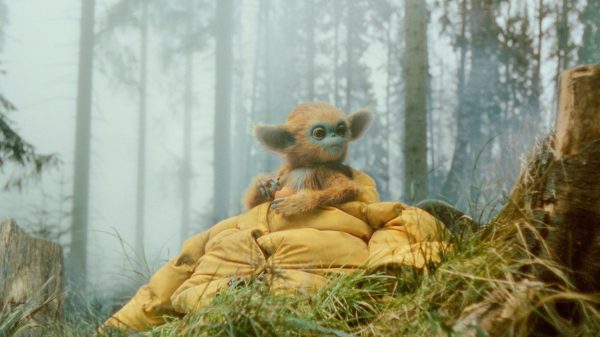



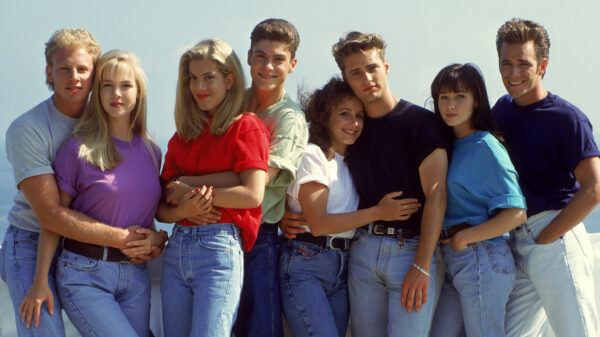

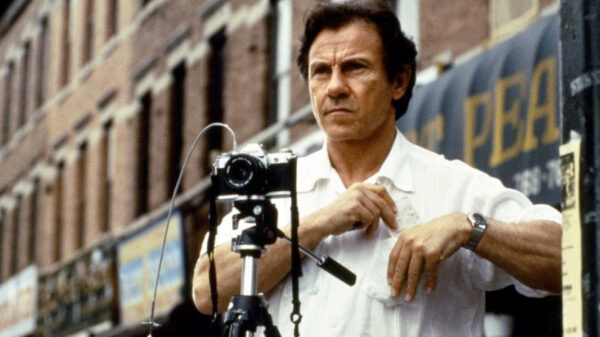
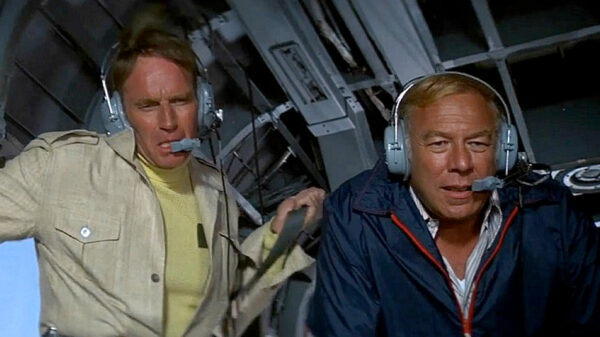




You must be logged in to post a comment Login